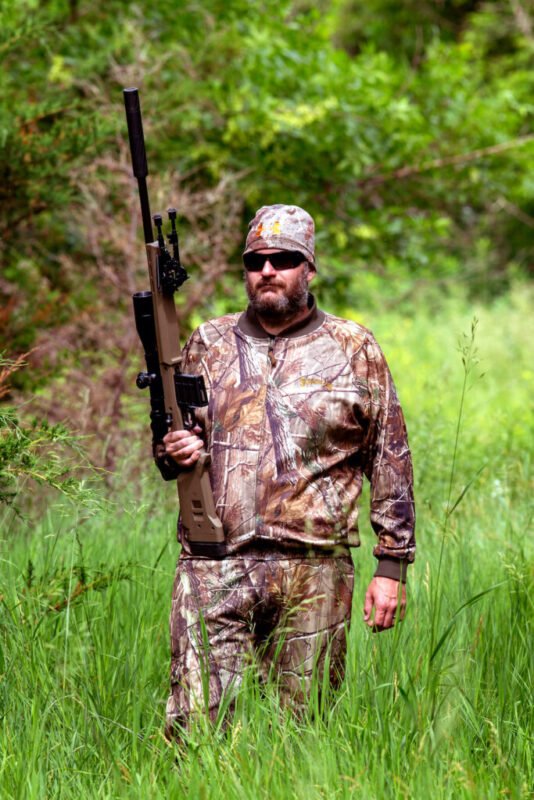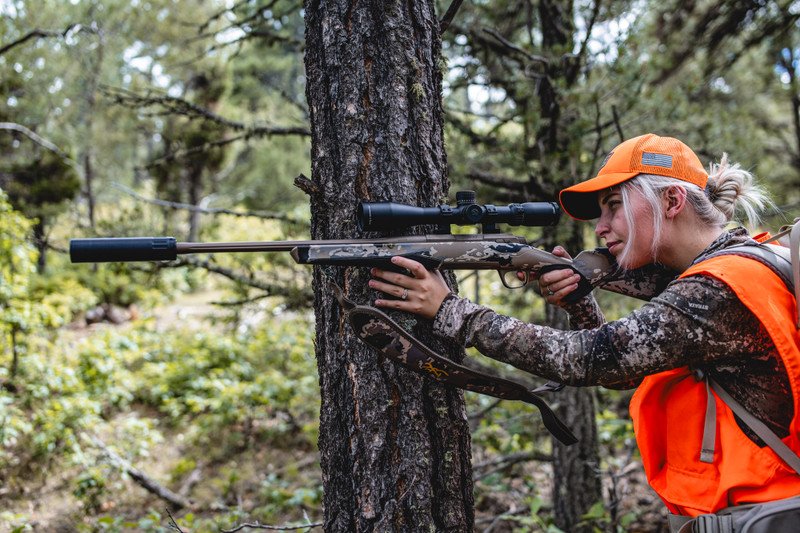Our primary goal at Prime Silencers is to give you useful information regarding gun silencers, including how to choose the best suppressor for your requirements. For additional information, see our list of frequently asked questions below, or get in touch with us if you have particular inquiries.
Once more, the suppressor and the rifle determine this. The following are some of the most widely used techniques:
Certain silencers will thread straight onto a barrel that has threads.
Certain silencers need a quick-detach component, such as a piston, muzzle brake, or flash hider.
Certain silencers are integrated into the gun itself, acting as a suppressor.
The possession of a silencer has never been prohibited by federal law. Owning a silencer is most likely allowed if purchasing a weapon is legal and you reside in a state that permits the possession of silencers. The following are the prerequisites:
You have to be 21 years of age or older.
You have to reside in a state where ownership is permitted.
You must not be convicted of any felonies.
Suppressors are currently accepted for both trust and individual submissions in a few of days. See our ATF Wait Time Tracker for the latest recent suppressor approval times.
If you have special questions about the registration or silencer purchase process, get in touch with us.
Hearing protection, less recoil, less concussions, and an improved shooting experience overall are some of the main advantages.
No! Despite some claims to the contrary, owning a silencer does not require a “Class 3” license. There are no recurring costs or permits needed, but you do have to pay for a “tax stamp” when you initially purchase the suppressor. Similar to paying sales tax on a transaction, this tax is paid to the federal government rather than the state.
You can purchase your silencer by only filling out your fingerprint and demographic information at a Silencer Shop kiosk.
Although paper ATF FD-258 fingerprint cards are acceptable, the Silencer Shop kiosk guarantees that your prints are captured precisely.
AL, AR, AK, AZ, CO, CT, FL, GA, IA, ID, IN, KS, KY, LA, ME, MD, MI, MN, MO, MS, MT, ND, NE, NV, NH, NM, NC, OH, OK, OR, PA, SC, SD, TN, TX, UT, VA, VT*, WA, WI, WV, and WY are among the states that permit private possession of silencers.
The suppressor and the gun determine this. The suppressed gun will typically be as silent as donning a decent set of muffs.
We suggest starting with 22 LR suppressors for the quietest shooting experience.
A suppressor and a silencer are interchangeable; there is no distinction between the two.
The legal name is “silencer,” but since they suppress the gunfire rather than really silencing the firearm, “sound suppressor” or simply “suppressor” are more technically correct. We’ll swear not to mind if you use either word with us.
With the right adapters, you can suppress a smaller caliber handgun with a bigger caliber silencer. Although using a silencer designed for a certain caliber is more effective than using one created for a bigger caliber, most of the time there will still be a noticeable reduction in sound.
No.
This frequently occurs because to the misconception that a “Class 3” license is necessary in order to buy a suppressor. ATF can definitely visit a dealer’s location to conduct a search, but silencer buyers do not forfeit any rights. A “Class 3” license is a dealer license.


